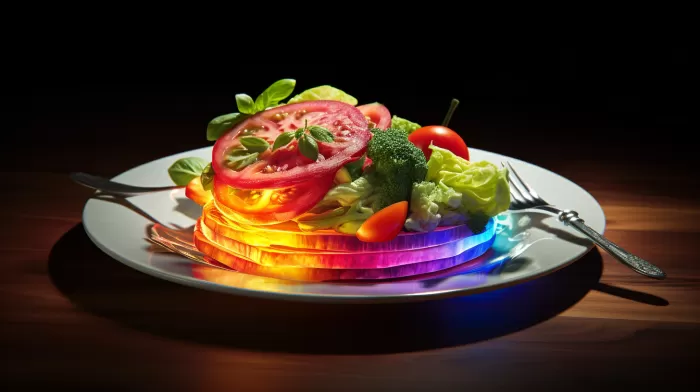Last year, it is likely that, like the average American, you consumed more than your body weight in a group of foods you didn’t even know you were eating – genetically modified organisms (GMOs). These are plants that have been created in laboratories and then planted by farmers, with over 90% of corn, soy, and cotton in the United States being GMO crops. Research suggests that Americans consume on average 193 pounds of GMO foods every year, most of which are found in processed foods such as corn chips and breakfast cereals.
The Dark Side of GMO Consumption
The concerning aspect of GMO foods is that they have never been proven safe to eat. Currently, no extensive studies have been conducted to determine whether these chemically-created foods are harmless or not. Unlike the United States, many countries require labels on GMO foods and conduct safety tests before approving them for mass consumption.
The Corporate Influence
A significant factor in the lack of regulation on GMO foods is the lobbying efforts by large biotech companies like Monsanto, which controls 90% of all GMO seeds planted by farmers. Monsanto and other food and agricultural biotechnology corporations have spent over $540 million on campaign contributions and lobbying efforts within the past decade. Their annual expenditure on influencing politicians has doubled, with more than 100 lobbying firms in their employ.
Regulatory Agency Corruption
A revolving door has emerged, with individuals holding high-paying jobs at companies like Monsanto before moving into positions at regulatory agencies – the same agencies that are supposed to protect consumers from potential abuse of the food system.
For instance, Michael Taylor, deputy commissioner for foods for the Food and Drug Administration (FDA), has worked for both the FDA and Monsanto at different points in his career. While he was in his second appointment at the FDA, regulatory policies were altered, allowing GMOs to enter our food supply without undergoing toxicity testing.
Potential Health Hazards
Aside from the unknown dangers of consuming GMO foods, the GMO crops that farmers grow are often subjected to excessive amounts of pesticides, which in turn contaminate the air, water, and the resulting food products. These pesticide-harboring crops have led to the creation of pesticide-resistant “frankenweeds” and “frankenbugs,” while simultaneously killing off beneficial insects, such as pollinating honeybees. This phenomenon, known as colony collapse disorder, has led to a worldwide decline of bee populations. GMO crops may also be contributing to the demise of monarch butterfly populations.
How to Avoid GMO Foods
Presently, the most effective way to avoid the consumption of GMO foods is to eat organic food, as other products, even those labeled “all-natural,” may still contain GMO ingredients. In addition, the free non-GMO shopping guide offers helpful advice for identifying and avoiding GMOs in your diet. Eating organically grown and certified products not only helps maintain your health but also supports environmentally friendly farming practices.



